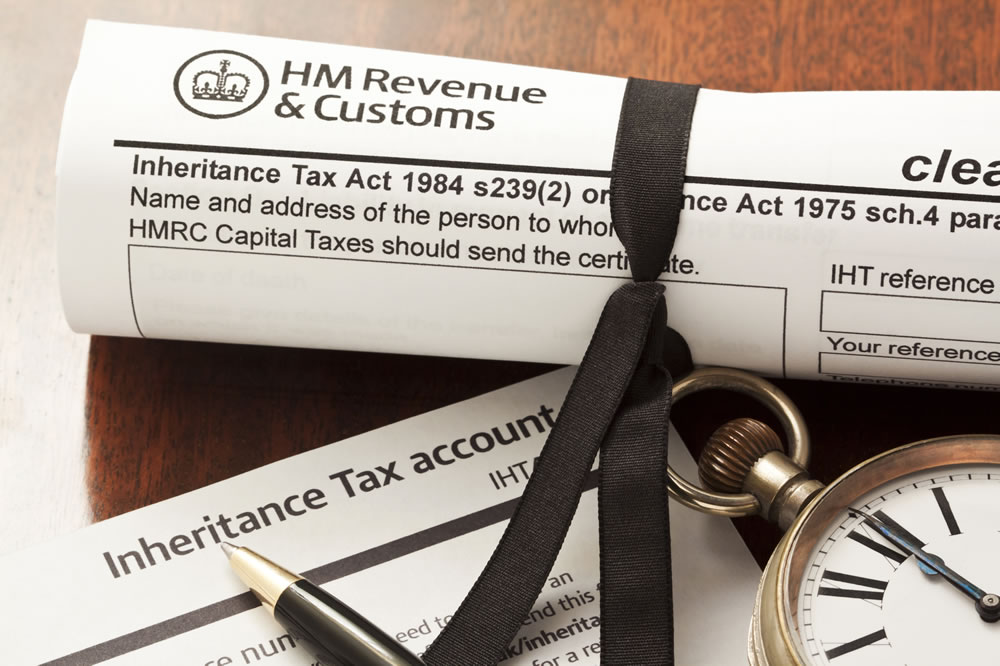There is a quote by Natasha Munson which goes: “Money, like emotions, is something you must control to keep your life on the right track”.
As financial advisers here in Oxford, we can attest that this is true. Your attitude and behaviour towards wealth – just like emotions – has a huge impact on your quality and course of life.
One of the keys to bringing more control to your financial future is to try and understand more about money, wealth and financial planning. Think about the comparison with emotions, again, and consider anger as an example. The more you understand about the nature and roots of your anger, the more you can control it. Similarly, the more you understand about financial planning, pensions, mortgages and investments, for instance, the more prepared you will be to leverage money and wealth positively towards your goals.
Although we, of course, exist to advise clients on financial matters, we do not believe you should solely rely on anyone else when it comes to managing your money. It’s important to have a good grasp of at least basic financial concepts (e.g. capital gains, dividends, investment management fees etc.) to ensure that you understand what your adviser is telling you!
This means committing to your own financial education, learning about some of these important financial planning topics for yourself to get the most out of your financial adviser. That does not mean enrolling on a professional financial planning course or taking the equivalent of an undergraduate degree in economics. It simply means using the resources at your disposal to increase your understanding of important financial matters which directly affect you.
In this short guide, we’re going to suggest a few areas where we recommend starting your own financial education – as well as offering some ideas about where you can find the resources you need to find out more on those topics. We hope you find this helpful, and invite you to contact our team here at WMM if you need any further information.
#1 Start at Home
One of the best ways to start understanding more about money and wealth is to look at your own situation, and ask: “What do I earn, and what do I spend?”
This naturally leads you to look at your banking transactions, payslips and perhaps other documents pertaining to your income/expenses (e.g. income you make from Airbnb). You’ll likely notice important information such as your tax code on your payslip, as well as your pension contributions and student loan deductions.
Ask yourself: “What do I know about these things?” For instance, are you aware of the various tax codes out there, and are you sure that you’re on the right one? Do you understand how your student loan payments are calculated, and how your monthly payments might change if your wage increased/decreased? Do you know where all these pension contributions are going, and where all the money is being stored?
Similar questions can be gleaned from your expenses. For instance, how much are your mortgage payments and how is this worked out? What would happen to this monthly figure if you perhaps moved to a better deal (i.e. remortgaging)? Similar questions could be asked of your utilities and other bills.
In other words, starting your financial education “at home” in this way can really be a great motivator to get you going. After all, the more you can understand these specific things, the more chance you have of being able to make improvements to your finances which could have an immediate, positive impact on your quality of life.
Some great resources to get you started on these sorts of topics include the Which? online resources, and the blogs, articles and guides by Martin Lewis on MoneySavingExpert.
#2 Move Out
In our experience, the above process typically leads people to engage in their own, personal process of educating themselves about their own finances (e.g. mortgages, income tax, ISAs etc.). However, at a certain point, the time comes to also look beyond the things which seem more “immediately relevant” to other subjects which might seem more distant – but which are nonetheless still crucially important.
Examples of these sorts of topics might include inheritance tax and estate planning. After all, it’s great knowing more about your current financial situation, but what happens to your money and wealth in perhaps 30 or 40 years, when it might be time to hand this over to either the tax man or your loved ones?
Another important topic is investing. For example, if you want to build up a sizeable pot of retirement money one day, then it’s important to understand how to make money “grow” through investments. This will involve understanding, say, the difference between “saving” and “investing”; what kinds of investments are available (e.g. stocks and bonds); what an investment “portfolio” is and how various factors can influence how your portfolio is put together (e.g. risk tolerance and personal investment goals).
For this stage, we recommend you follow our own blog here at WMM and other helpful resources such as dedicated investment columns in newspapers such as The Daily Telegraph.
Final Thoughts
Finances, money and wealth are vast and fascinating topics. As financial advisers, we have spent many years learning about these areas and serving clients, yet we admit that even financial advisers need to learn continually. This is especially the case since the financial world rarely sits still, and new developments arrive which need to be understood and then communicated to clients when these changes affect them.
We encourage you to not be discouraged as you engage in your own financial education. There is a lot of jargon and much of the language concerns intangible things which can be difficult to grasp (e.g. final salary pension transfers). However, the payoff you get from understanding these things can be considerable when you later can leverage your knowledge to get a better deal on your pension, for instance, or on your mortgage.
If you would like to discuss your financial planning situation with a member of our team, then we invite you to get in touch to arrange a free, no-commitment pension consultation today.












Recent Comments